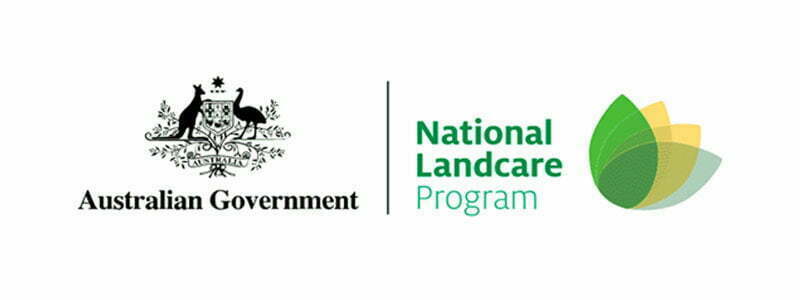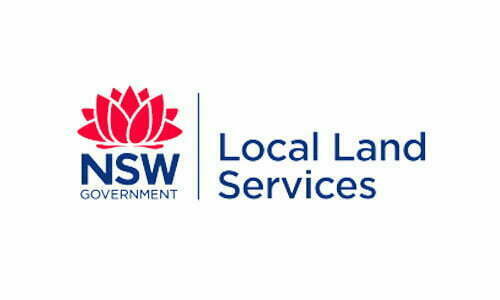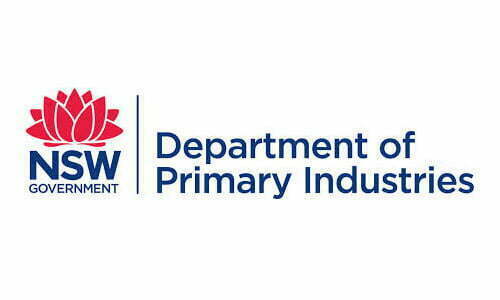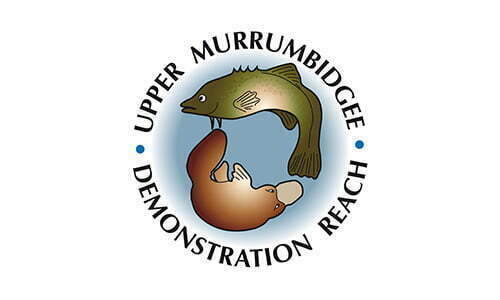Rivers of Carbon –
Murrumbidgee Maccas Project
Part of the Local Land Services’ Program: Reaching for the Recovery of the Endangered Macquarie Perch in South East NSW

Part of the Local Land Services’ Program: Reaching for the Recovery of the Endangered Macquarie Perch in South East NSW
We are honoured to work on the ancestral lands of the Ngarigo and Ngunawal people, and we recognise their continuing connection with, and knowledge about land, waters and community. We pay our respects to them and their cultures; and to Elders past, present and emerging.
Adapted from: Welcome to Country & Acknowledgement of Country – Creative Spirits
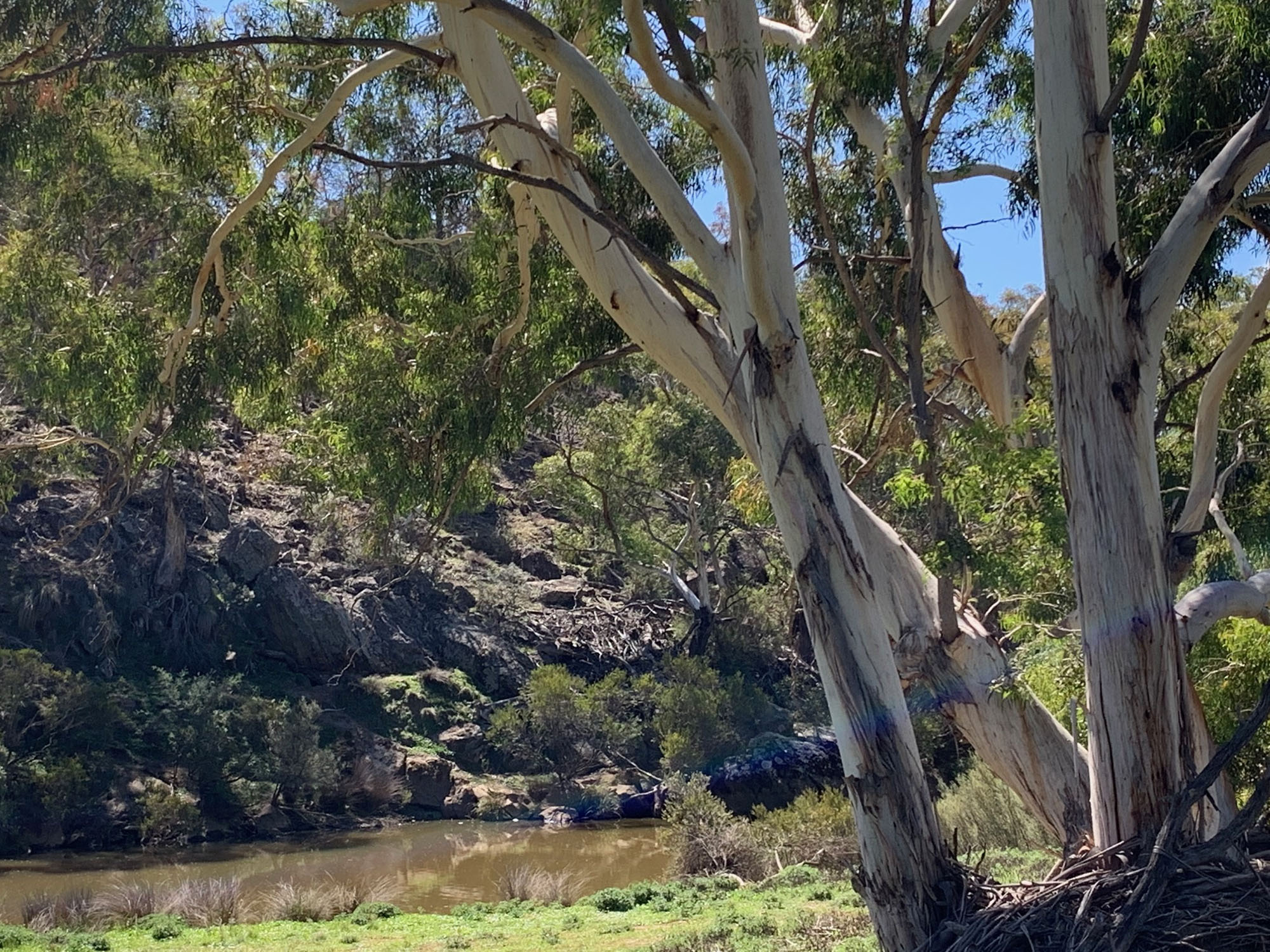
“Each and every animal has as much right to be here as you and me”
– Anthony Douglas Williams
As part of a Local Land Services initiative called the ‘Reaching for Recovery of the Endangered Macquarie Perch’ project, we are delighted to be working with landholders on the Murrumbidgee River to control access of domestic livestock, provide alternate water, remove weeds and revegetate 11.6ha of targeted riparian and instream habitat.
Our work will make a valuable contribution to recovering Macquarie Perch populations in our region. The threats this fish currently experiences are chronic, cumulative, varied and widespread. This project, initiative by Local Land Services in partnership with NSW Department of Primary Industry and Fisheries, will develop a detailed regional action and monitoring plan to guide future efforts toward long-term population stability.
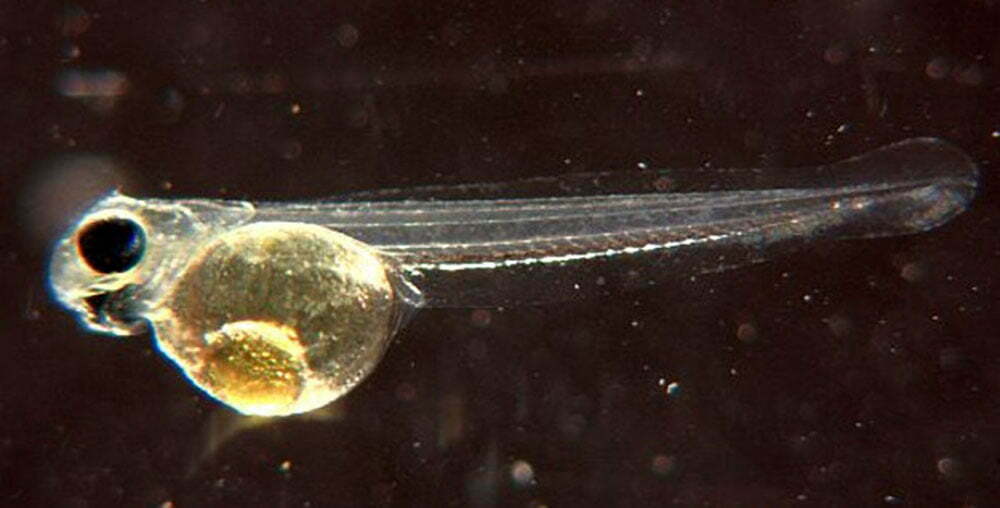
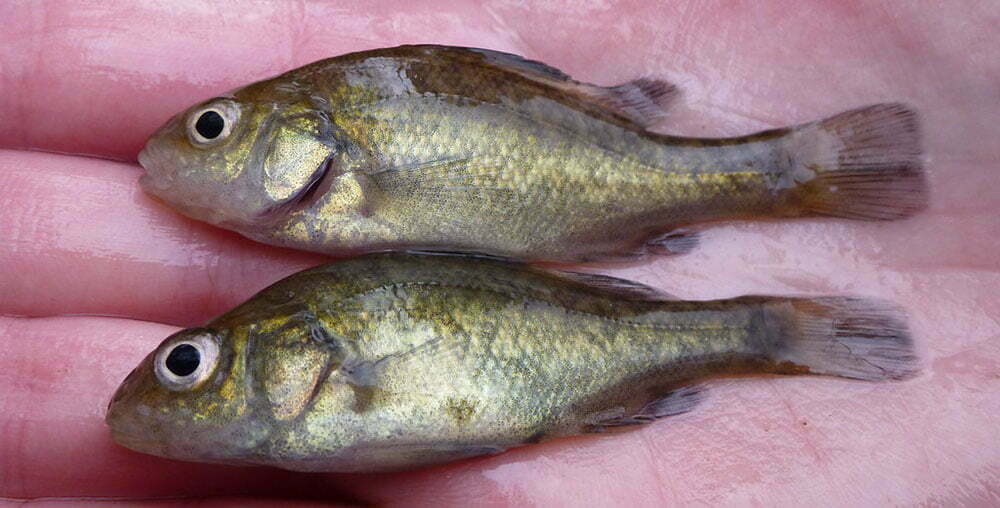
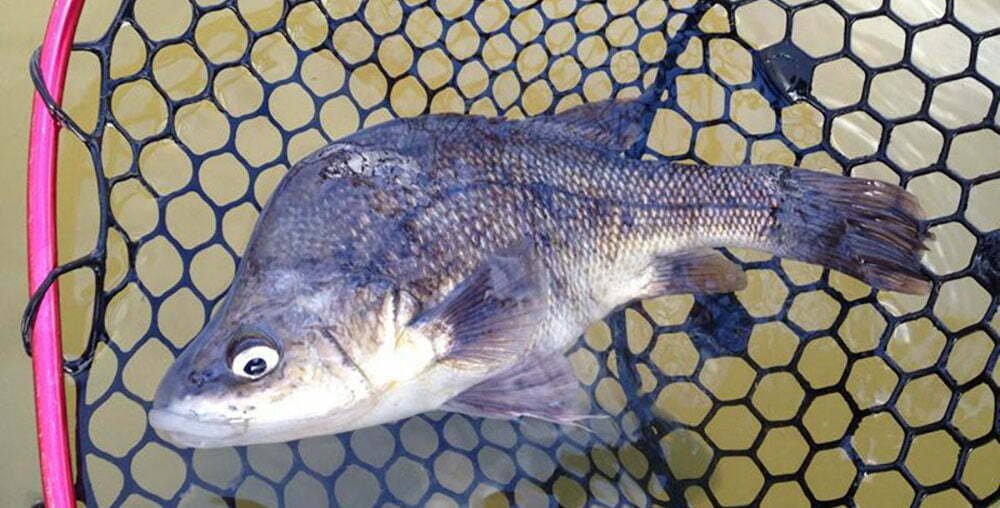
Our riparian restoration work is one part of the larger ‘Reaching for Recovery’ project being managed by Felicity Sturgiss from Local Land Services. We are part of a team called the South East Macquarie Perch Consortium that brings together people from across the region representing Landcare, NSW DPI Fisheries, Local Land Services, Aboriginal Groups, Bush Heritage Australia (BHA), Upper Murrumbidgee Demostration Reach UMDR), Local Goverment Authorities, scientists and researchers. Together we will work to deliver the following components.
Community inclusion and engagement will be a primary focus, as we know we need local communities to assist in the ensuring the long-term future of the affectionately named ‘Macca’.
| Objective | Target condition criteria |
|---|---|
| Revegetation of 11.6ha with local native species providing riparian and instream habitat support to the target species, as well as increasing resilience to erosion and reducing sedimentation into Macquarie Perch habitat. | 70% survival rate after 2 years. |
| Weed removal/management of 11.6ha. Species agreed as targeted invasive species by the Mac Perch Consortium will be targeted for control. | Baseline weed density will be measured using photo-monitoring at a minimum. A different methodology may be used after discussion with LLS. Density of targeted weed species will be reduced by a minimum of 50%. |
| Control Access to 10.65km of riparian land important to Macquarie Perch by using fencing. | Fencing must be designed to successfully contain the animals on site. For example, a cattle operation that brings in new yearlings every year to fatten up will likely require barb wire or equivalent on the top to stop animals pushing over the fence. Ewes and lambs will require netting. Where possible, wildlife friendly design principles must also be incorporated. |
| Control Access by providing 8 off-stream water points. | Off-stream water may comprise of all or any the components of a system that successfully provides a clean and adequate supply of water as an alternative to the natural waterway in question. This may require dams, troughs, pipes, pumps, and tanks or any part of the above. DPI guidelines for the provision of adequate daily water supply for the animals in question must be met. Consideration should also be given to erosion control around the site of the off-stream water troughs/dams. |
Last year we ran a Riverside Field Day focusing on Macquarie Perch and many of the landholder at that event are now working with us on the next phase of the project. Lori and Siwan have already been out talking to interested landholders and these photos show some of the sites we hope to be working on over the coming years. We are fortunate to have a group of landholders with adjoining properties in the Murrells Crossing area where we know Maccas like to live. Upstream of Murrells Crossing is an inaccessible gorge which provides excellent refuge for our native fish. A big thanks goes to Leon and Felictiy (SeLLS), Prue (DPI Fisheries), Mark (University of Canberra) and Antia (UMDR) for laying the groundwork so that this project can get formally underway in June 2020.
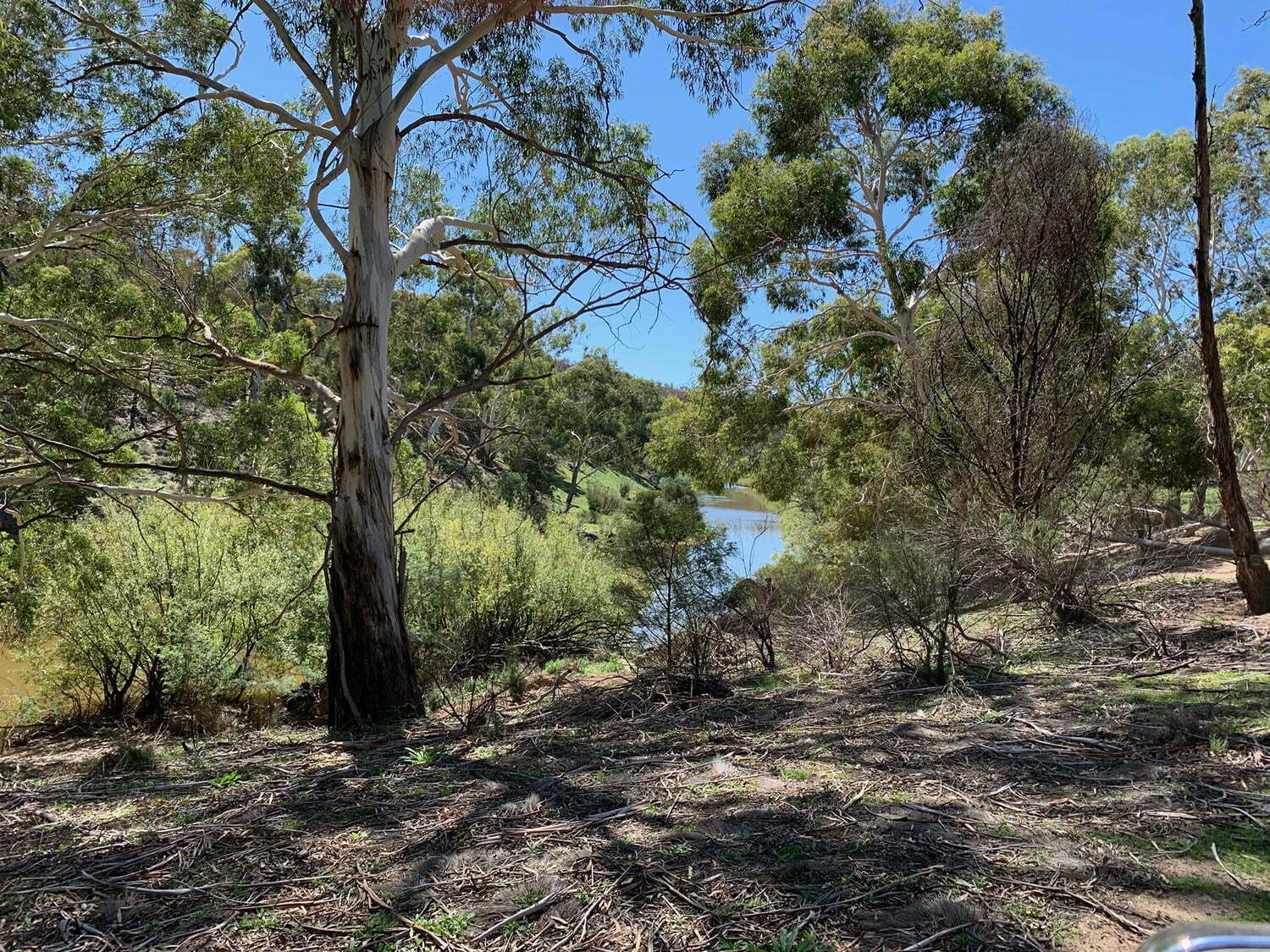
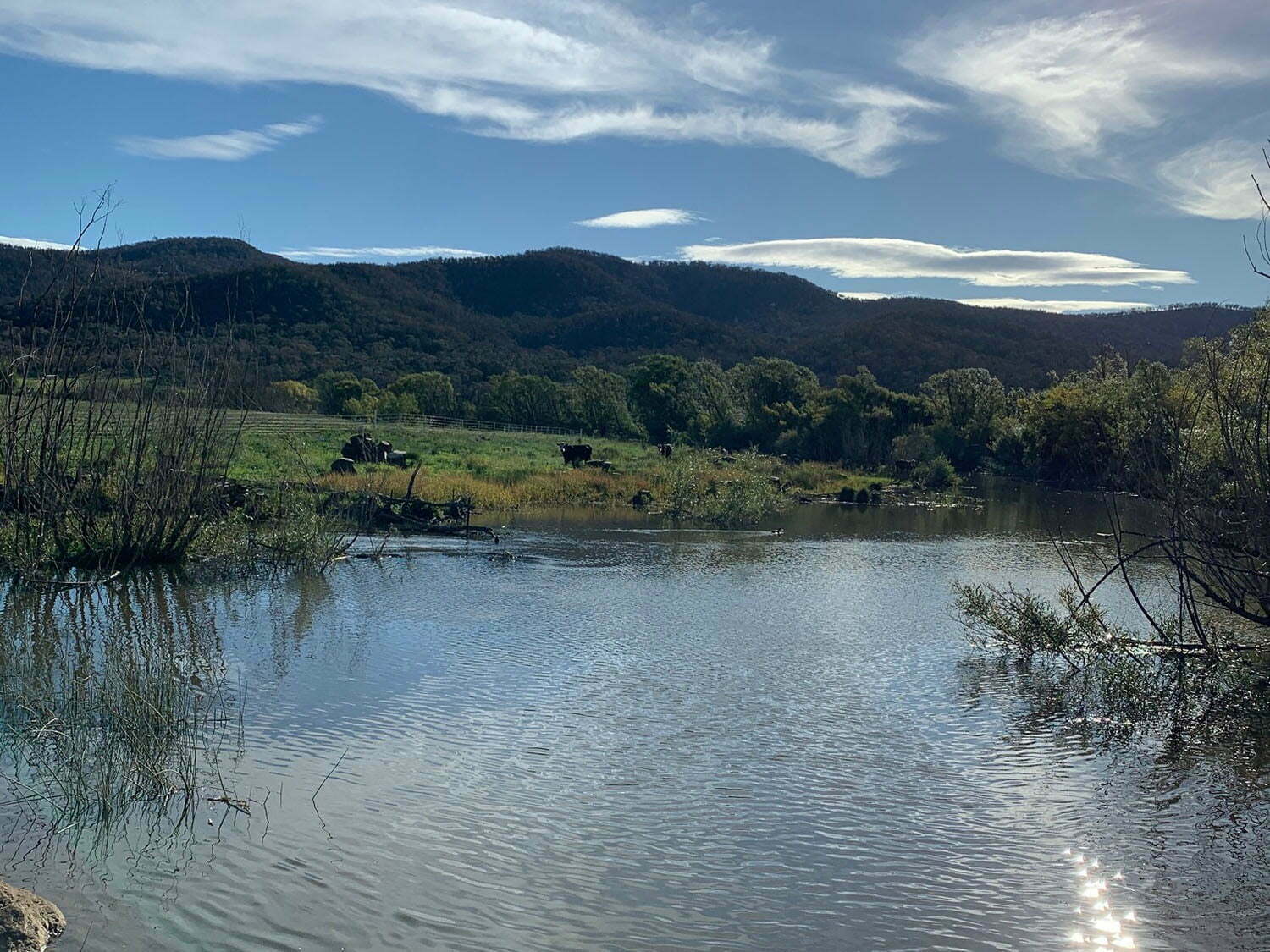
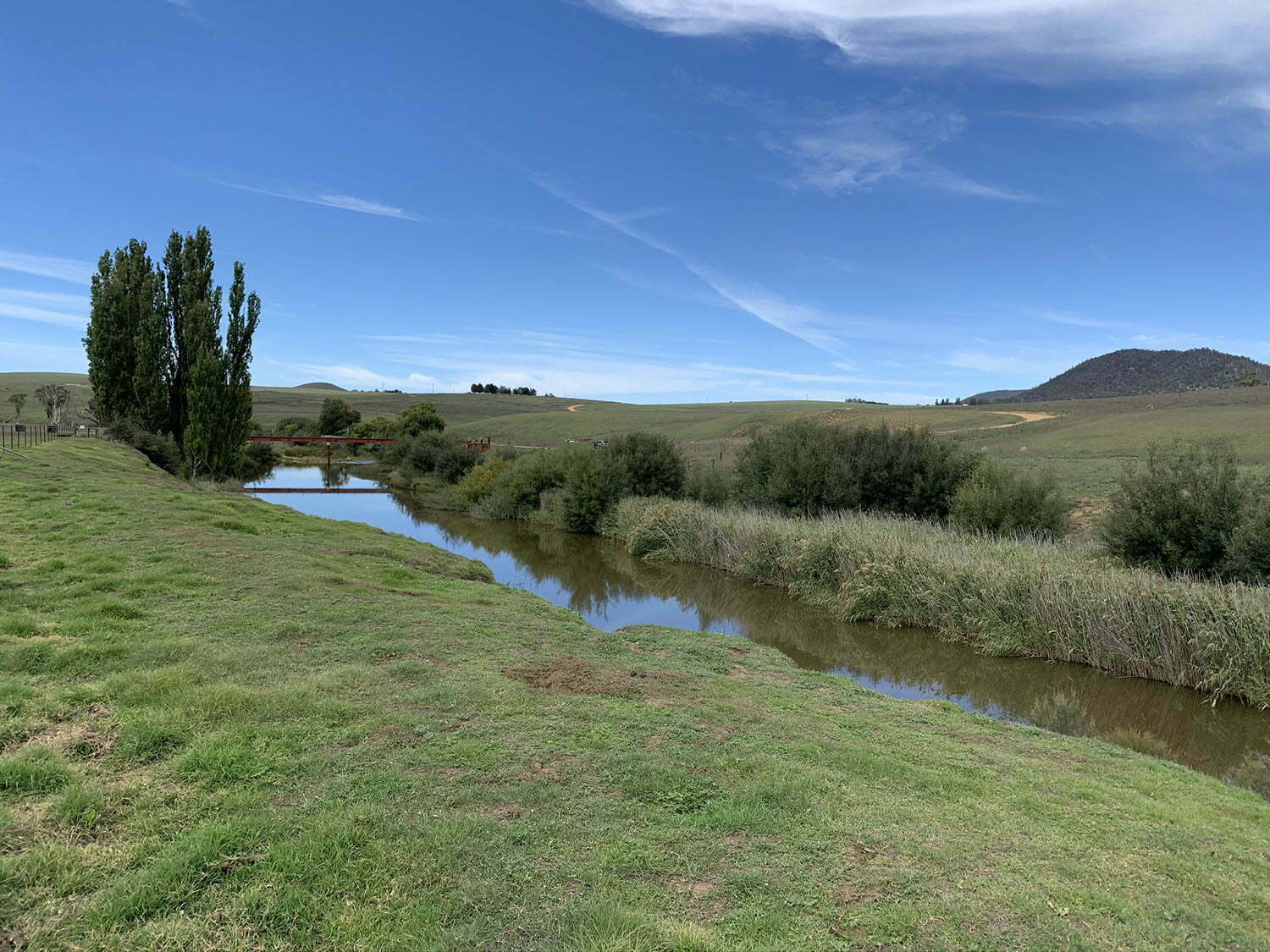
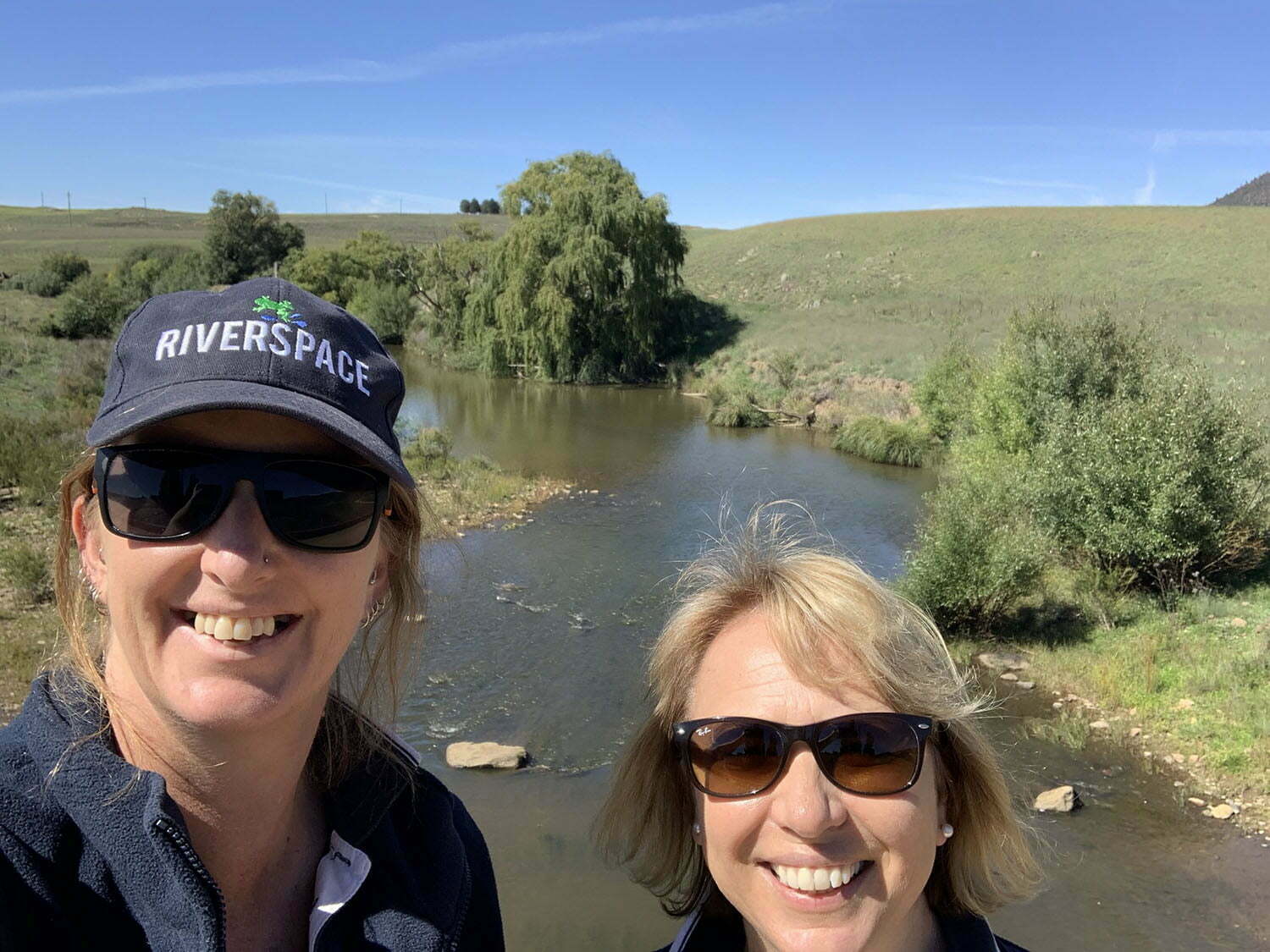
To find out more about the other elements of the South-east Local Land Services Reaching for Recovery of the Macquarie Perch project, contact Felicity Sturgiss, Senior Land Services Officer. Phone: 0427 072 763.
Phone: 0427 072 763.
There is nothing like a planting event to remind you of how fortunate we are to do the work we do. On a cold and blustery day, a large bus appeared over the rise with a group of Omni Executive staff and families keen to do their bit for the Maccas living in the Upper Murrumbidgee River. They came to plant trees, shrubs and grasses along a stretch of river we know the Maccas love for its rock riffles and deep pools. The final number was 920 plants into the ground which is a wonderful outcome. Even better is that a week after they went in we got a nice shower of rain which will keep those plants fresh and hopefully keen to grow.
For over a hundred years, the native Macquarie perch fish has been at the forefront of community and conservationists’ minds. In 1914, a number of Macquarie perch were relocated from the Murrumbidgee River to the Cataract Dam, nestled between Wollongong and Sydney.
Now, 106 years later, some of the descendants of those translocated fish have been returned home to the Upper Murrumbidgee River as part of collaborative project called ‘Reaching for Recovery of the endangered Macquarie perch’. This project is trying to restore genetic diversity and population numbers in the original habitat of the Macquarie perch – a habitat we are now working hard to restore in the Upper Murrumbidgee, so that the species can once again become abundant.
Last year, with support from Local Land Services, through funding from the Australian Government’s National Landcare Program, we removed one kilometre of willow from one of the pools we know the Maccas like. It was at this spot that we held a field day on the 15th of June 2019, to learn more about Maccas, and to let the Upper Bidgee community know about the group of organisations coming together for our Macca ‘Reaching for Recovery’ project.
Felicity Sturgiss from South-east Local Land Services is the powerhouse behind forming our consortia, successfully bringing together the Upper Murrumbidgee Demonstration Reach, Bush Heritage Australia, South-east Local Land Services, Rivers of Carbon and DPI Fisheries to work on this project funded through the National Landcare Program.
